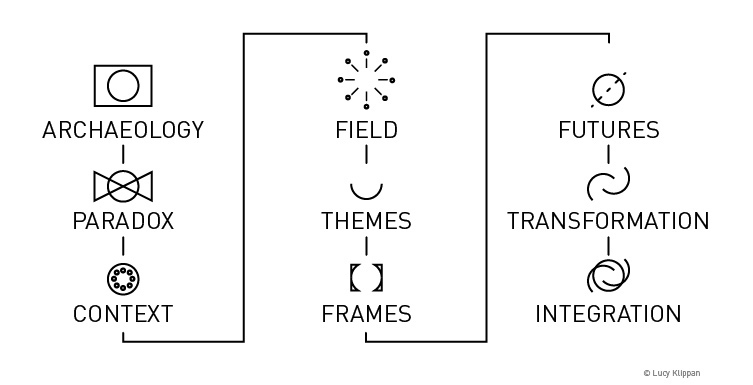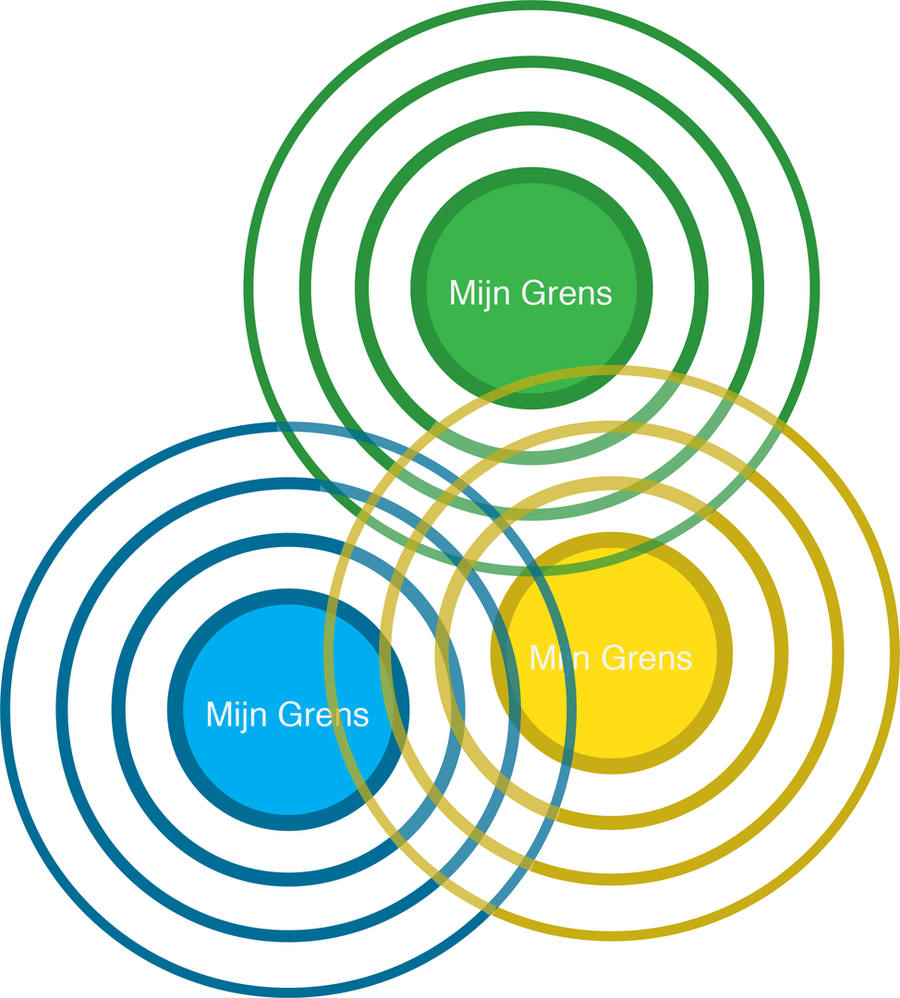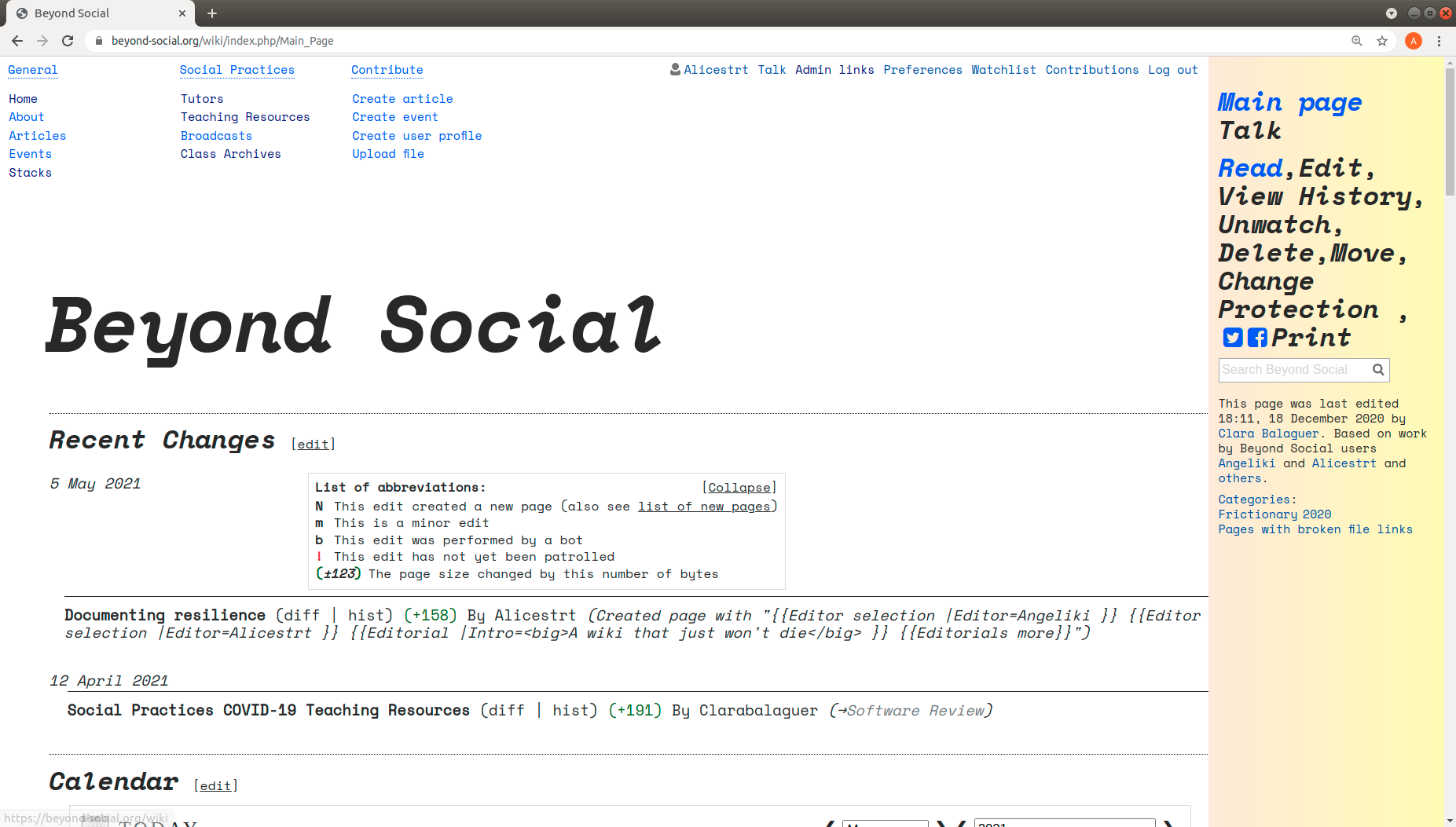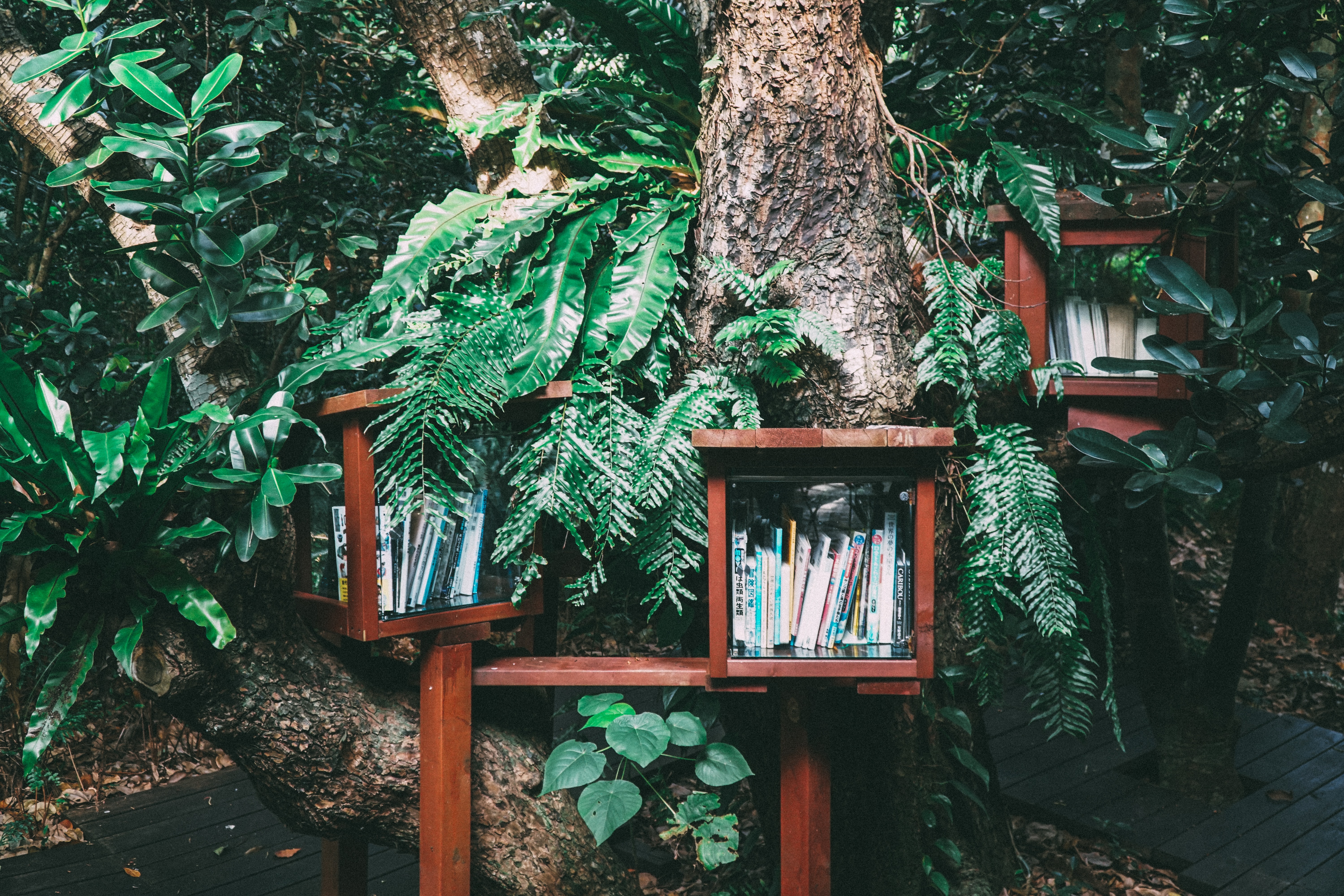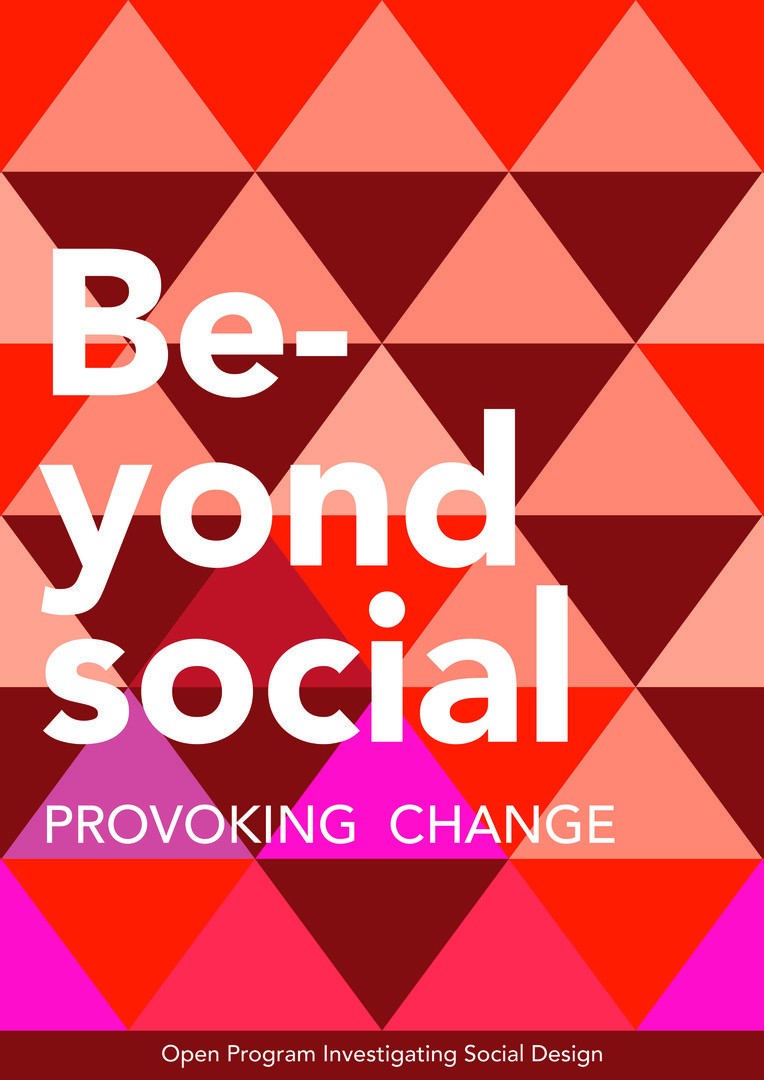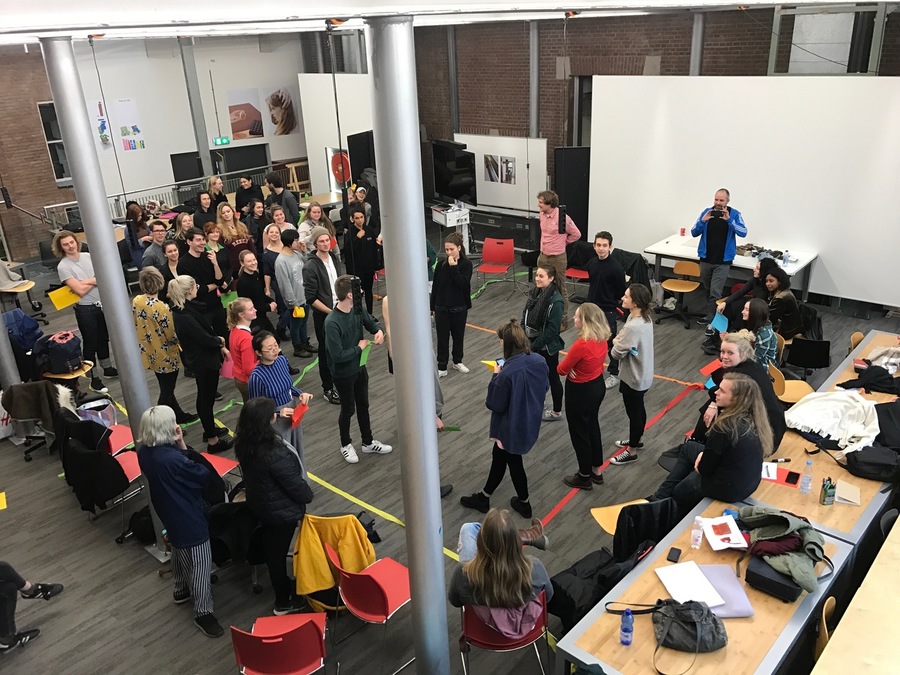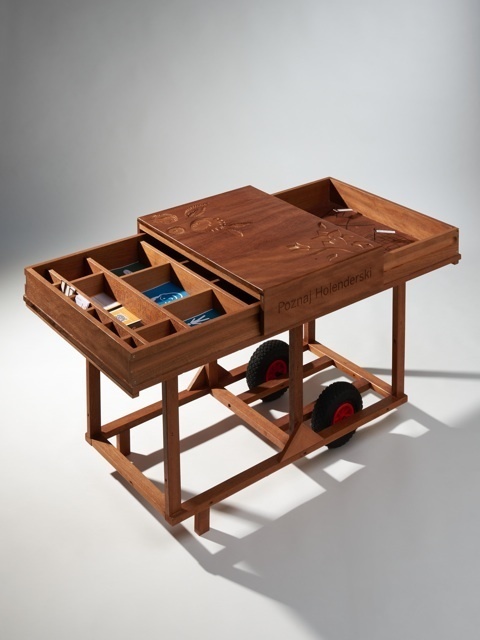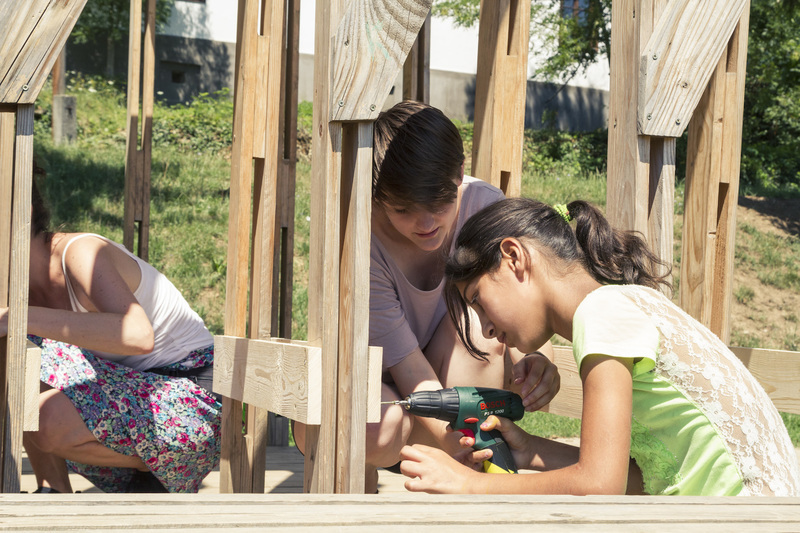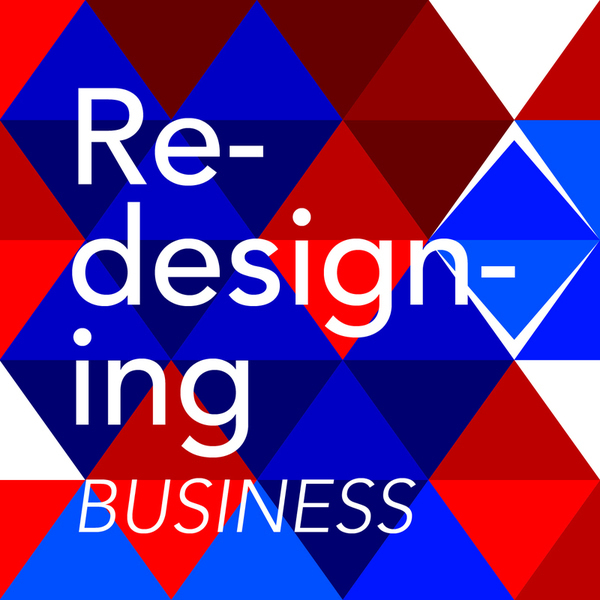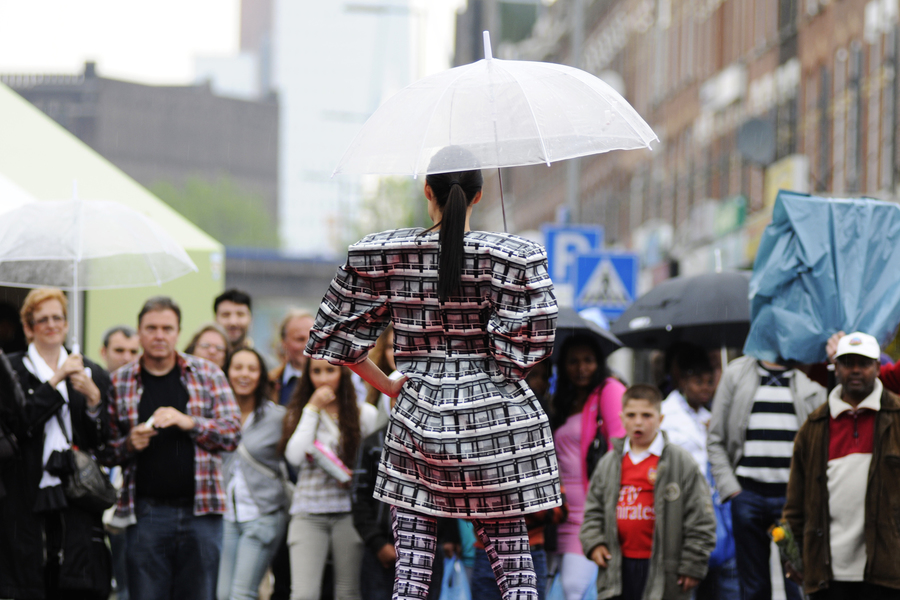Difference between revisions of "Radical Reframing"
| (8 intermediate revisions by 3 users not shown) | |||
| Line 1: | Line 1: | ||
| − | {{ | + | {{Editor selection |
| − | | | + | |Editor=Paul Gofferjé |
| − | |||
| − | |||
| − | |||
}} | }} | ||
| + | {{Editor selection | ||
| + | |Editor=Iris Schutten | ||
| + | }} | ||
| + | {{Editor selection | ||
| + | |Editor=Sikko | ||
| + | }} | ||
| + | {{Editorial | ||
| + | |Image=Issue-3-Frame creation.jpg | ||
| + | |Intro=Special Issue and open call on 'Radical Reframing' | ||
| + | |||
| + | ==How to design interventions addressing underlying causes of radicalisation?== | ||
| + | |||
| + | Within different cultures and contexts radicalization among young people is increasing. We see not only an increase of Islamic radicalization but at least as much increase in right-wing extremism. Reframing is a promising design-method to deal with complex issues. Can radicalization be reframed? Can we intervene in its underlying social processes like exclusion, frustration and anger? The goal is not so much to solve radicalization, but to create a whole new perspective on the situation itself. | ||
| + | |||
| + | ==Special Issue== | ||
| + | |||
| + | The first half year of 2017 Beyond Social will serve - amongst others - as a platform to explore these questions. Our point of departure is the ‘Radical Reframing Identity and Integration’ research program (RRII) which has been initiated by [http://www.noacademy.org No Academy], and has been implemented together with the Designing Out Crime research centre (Sydney), the University of Technology Sydney and the Hague University. The RRII program was conducted in three cities at the same time: Arnhem, The Hague and Sydney, Australia. In each city, a team of young designers/artists worked under the guidance of experienced social design thinkers such as Paul Gofferjé, Dick Rijken and Kees Dorst. The program aims to link creativity and imagination of designers and artists to the craftsmanship of city professionals (eg. police officers and youth workers) and to develop a more imaginative, connecting and empathic way of "positive communication" on this subject. As an introduction of this special issue we publish a short description of the RRII research project, two reflections on radicalization and a first report of Kees Dorst about the pilot in Sydney. In January we will publish the results of the pilots in The Hague and Arnhem. | ||
| + | |||
| + | ==Open Call== | ||
| + | |||
| + | These articles are only a start. We’re looking for more contributions that shed new light on radicalization, reframing and/or artistic ways to intervene in these processes. Dare to share. We’re open for different types of media (text, pictures, video, audio) from different countries and disciplines. Feel free to contribute! We will edit and publish your contributions on a regular basis in collaboration with the Guest Editors Paul Gofferjé, Dick Rijken and Kees Dorst. In June 2017 we will write a synthesis and organise a meetup to discuss the findings. | ||
| + | |||
| + | '''Check [http://beyond-social.org/wiki/index.php/Want_to_join_us%3F here] to find out how to join our wiki and how to publish. Feel free to contribute!!''' | ||
| + | |||
| + | |||
| + | [[File:Issue3-mijn_grens.png| Illustration by the Arnhem team: 'my boundary']] | ||
| + | |Editor 1=Paul Gofferjé | ||
| + | |Editor 2=Iris Schutten | ||
| + | |Editor 3=Sikko | ||
| + | }} | ||
| + | {{Article Selection | ||
| + | |Article=The radical reframing experiment RRII | ||
| + | |Notes=Together with the Designing Out Crime research centre (Sydney), the University of Technology Sydney and the Hague University, No Academy implemented the research program Radical Reframing Identity and Integration (RRII). The program focused on radicalization among young people. | ||
| + | }} | ||
| + | {{Article Selection | ||
| + | |Article=Don't be a stranger | ||
| + | |Notes=Researchers and students from the Designing Out Crime research centre at the University of Technology Sydney were approached by a local council authority to look into the problem of violence and radicalising Islamic youth in a specific area in Western Sydney. The researchers and students set to work, using the Frame Innovation approach that is core to the research centre [Dorst,2015]. This gave an unexpected turn to the anti-radicalisation project, and forced us to think again. | ||
| + | }} | ||
| + | {{Article Selection | ||
| + | |Article=Fortresses are for losers | ||
| + | |Notes=Conversation with Prof. Gintautas Mazeikis on the notion of ‘radical’ in the context of Lithuania. | ||
| + | }} | ||
| + | {{Article Selection | ||
| + | |Article=Opting for Reradicalisation | ||
| + | |Notes=Eefje Cobussen interviewed Stijn Sieckelinck about moral relationships of authority and radicalization. | ||
| + | }} | ||
| + | {{Editorials more}} | ||
Latest revision as of 12:57, 14 November 2017
Introduction
Special Issue and open call on 'Radical Reframing'
How to design interventions addressing underlying causes of radicalisation?
Within different cultures and contexts radicalization among young people is increasing. We see not only an increase of Islamic radicalization but at least as much increase in right-wing extremism. Reframing is a promising design-method to deal with complex issues. Can radicalization be reframed? Can we intervene in its underlying social processes like exclusion, frustration and anger? The goal is not so much to solve radicalization, but to create a whole new perspective on the situation itself.
Special Issue
The first half year of 2017 Beyond Social will serve - amongst others - as a platform to explore these questions. Our point of departure is the ‘Radical Reframing Identity and Integration’ research program (RRII) which has been initiated by No Academy, and has been implemented together with the Designing Out Crime research centre (Sydney), the University of Technology Sydney and the Hague University. The RRII program was conducted in three cities at the same time: Arnhem, The Hague and Sydney, Australia. In each city, a team of young designers/artists worked under the guidance of experienced social design thinkers such as Paul Gofferjé, Dick Rijken and Kees Dorst. The program aims to link creativity and imagination of designers and artists to the craftsmanship of city professionals (eg. police officers and youth workers) and to develop a more imaginative, connecting and empathic way of "positive communication" on this subject. As an introduction of this special issue we publish a short description of the RRII research project, two reflections on radicalization and a first report of Kees Dorst about the pilot in Sydney. In January we will publish the results of the pilots in The Hague and Arnhem.
Open Call
These articles are only a start. We’re looking for more contributions that shed new light on radicalization, reframing and/or artistic ways to intervene in these processes. Dare to share. We’re open for different types of media (text, pictures, video, audio) from different countries and disciplines. Feel free to contribute! We will edit and publish your contributions on a regular basis in collaboration with the Guest Editors Paul Gofferjé, Dick Rijken and Kees Dorst. In June 2017 we will write a synthesis and organise a meetup to discuss the findings.
Check here to find out how to join our wiki and how to publish. Feel free to contribute!!
Selected articles
31 October 2018 14:28:01 by Rümeysa Önal
25 October 2018 22:32:16 by Rümeysa Önal
27 October 2018 19:41:15 by Rümeysa Önal
29 October 2018 16:02:45 by Rümeysa Önal
